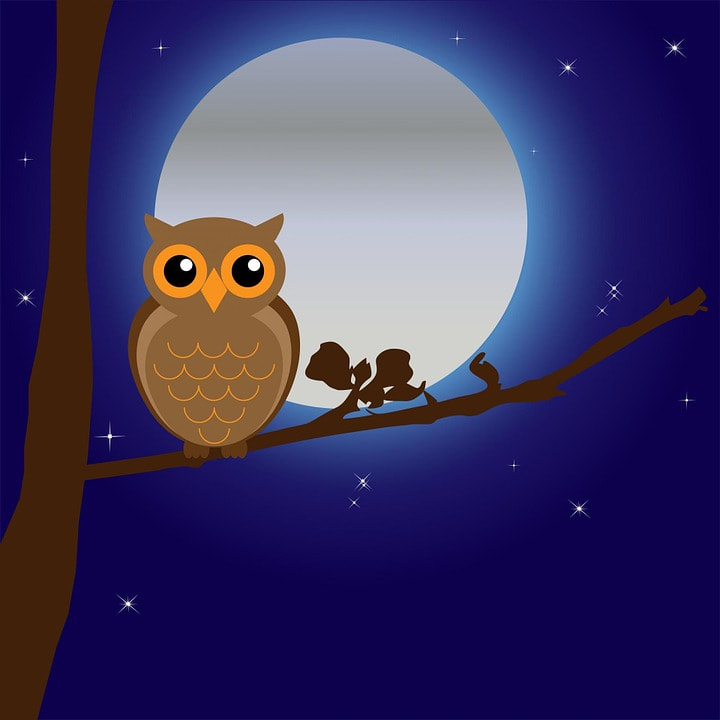Waking, feeling refreshed after a restful night is how we are supposed to start the day; but for many the elusive 8 hours is a just a pipe-dream and sleep evades them until the wee small hours, or worse, they may drift into a good night's sleep only to wake at 3am and find they cannot fall back to sleep.
We are supposed to sleep 8 hours a night, which is achievable if we hit the sack at around 10pm. Less sleep can alter your concentration, thinking abilities and affect your food choices. 'Sleep hygiene', a term used by sleep specialists, includes avoiding caffeine, alcohol and use of screens in the hours before bed, whilst practising a relaxing bedtime routine.
Here are our top tips for a natural nudge into the land of nod.
Essential oils to try for a restful night are sandalwood, frankincense and mandarin, with old favourites bergamot and lavender seeming to top the charts for sleep-inducing qualities. A couple of drops on your pillow or in a diffuser should be enough to send you off.
Clinical trials have found preparations of Passion Flower (such as tinctures, infusions, teas and liquid extracts), to be as effective for reducing anxiety as some clinical drugs. The calming effects of the Passion Flower can stop the vicious cycle of thought-preventing-sleep, in its tracks, without the side-effects of pharmaceutical drugs.
Bedtime turmeric tea (aka golden milk) is an incredibly anti-inflammatory drink to take before bedtime, and has a calming effect to help you drift into a deep sleep. You can find a recipe here.
People tend to sleep in the position they find the comfiest (even if they drift off in a different position). For health, back sleeping is the best (unless you suffer with sleep apnea). You can use pillows to train yourself into a different position, as experimenting with a new sleeping position may help you get a better night's kip.
We are supposed to sleep 8 hours a night, which is achievable if we hit the sack at around 10pm. Less sleep can alter your concentration, thinking abilities and affect your food choices. 'Sleep hygiene', a term used by sleep specialists, includes avoiding caffeine, alcohol and use of screens in the hours before bed, whilst practising a relaxing bedtime routine.
Here are our top tips for a natural nudge into the land of nod.
Essential oils to try for a restful night are sandalwood, frankincense and mandarin, with old favourites bergamot and lavender seeming to top the charts for sleep-inducing qualities. A couple of drops on your pillow or in a diffuser should be enough to send you off.
Clinical trials have found preparations of Passion Flower (such as tinctures, infusions, teas and liquid extracts), to be as effective for reducing anxiety as some clinical drugs. The calming effects of the Passion Flower can stop the vicious cycle of thought-preventing-sleep, in its tracks, without the side-effects of pharmaceutical drugs.
Bedtime turmeric tea (aka golden milk) is an incredibly anti-inflammatory drink to take before bedtime, and has a calming effect to help you drift into a deep sleep. You can find a recipe here.
People tend to sleep in the position they find the comfiest (even if they drift off in a different position). For health, back sleeping is the best (unless you suffer with sleep apnea). You can use pillows to train yourself into a different position, as experimenting with a new sleeping position may help you get a better night's kip.


 RSS Feed
RSS Feed
